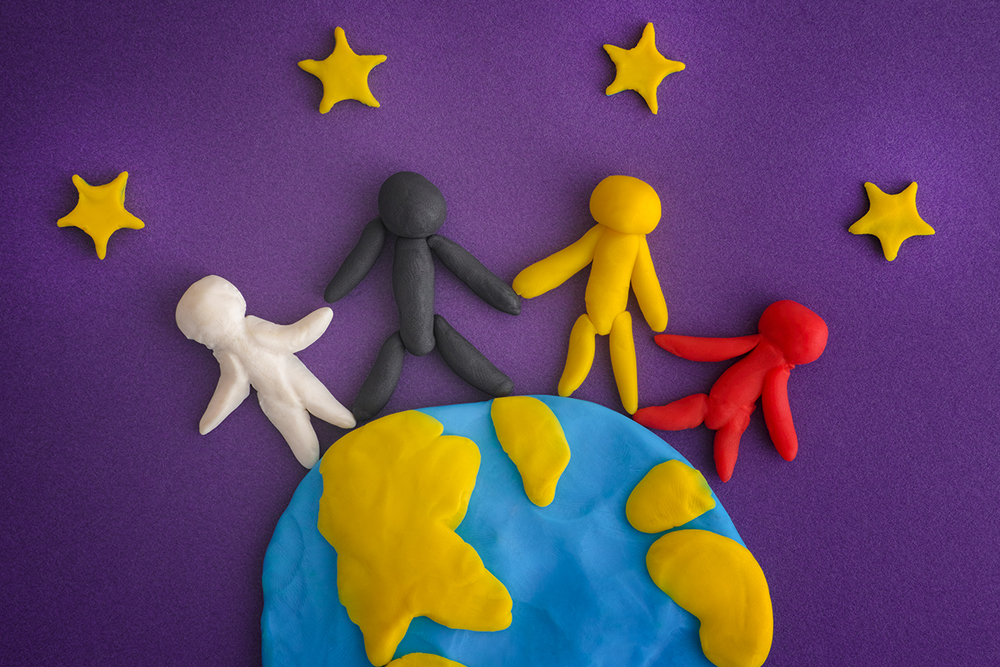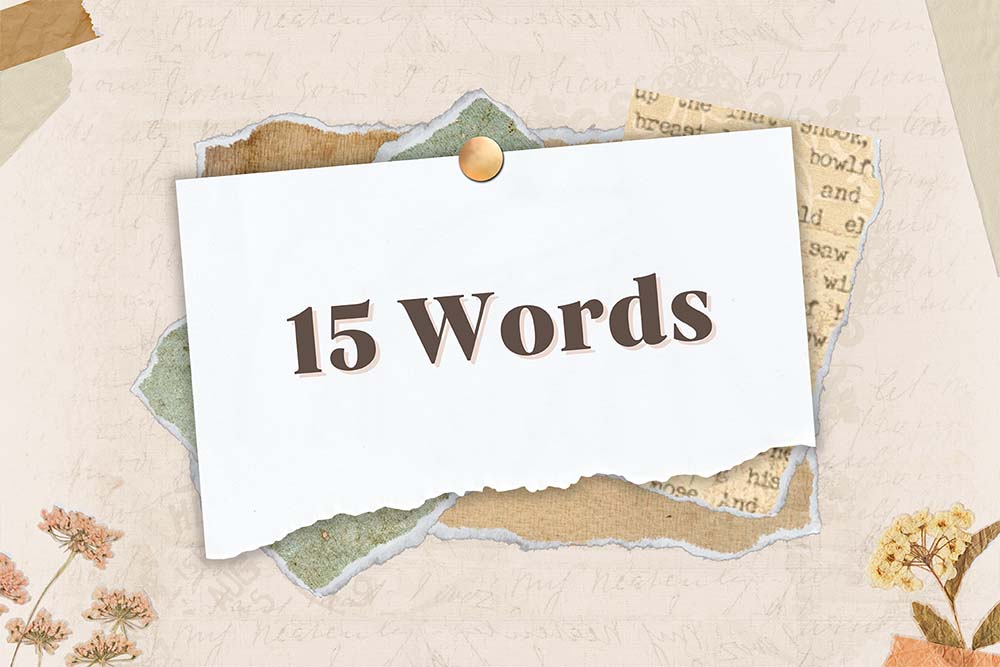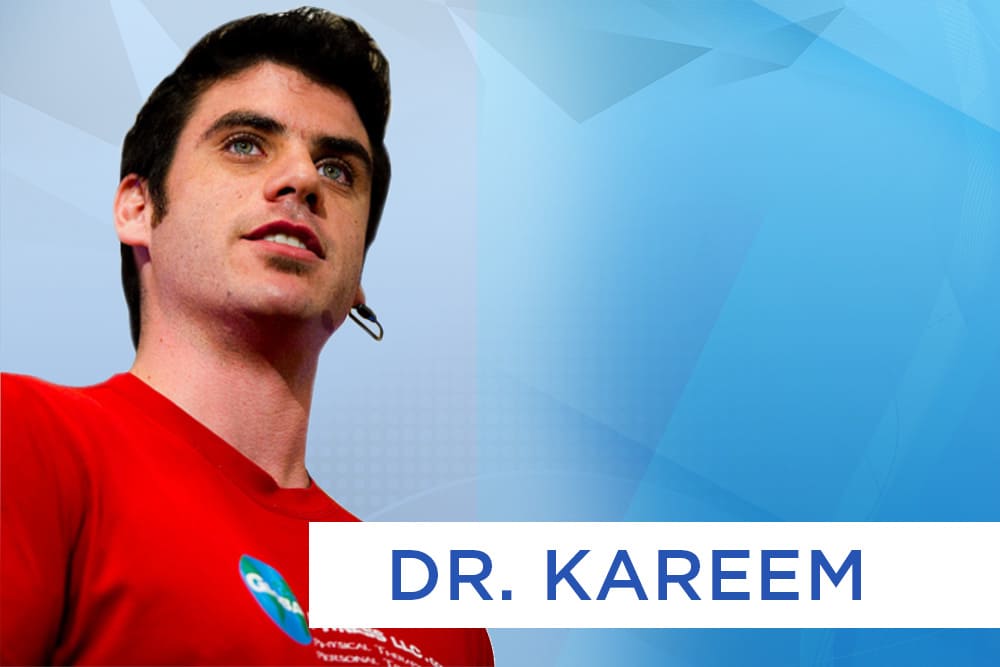If I wrote the rules, I wouldn’t have a problem with any of them.
We are a rule making — and breaking — species. We strive to identify laws of nature, create laws or our own, and enforce them with penalties if society doesn’t abide. Yet, each rule was written by a human being, is being governed by a human being, and is susceptible to misinterpretation or error.
Without rules, it’s possible we’d end up with complete chaos, quickly return to times of high-noon shootouts, and have a difficult time educating our children; with rules, our children grow up with preconceived notions of what’s possible, appropriate, or ‘good’ vs ‘bad’. Our rules give us peace, certainty, and predictability in our lives. Breaking rules gives us freedom, fulfillment, and independence.
So, I ask you to consider the following question: is it more important to follow rules, break them, or have both experiences in life?
Personally, I think it’s great to follow some rules, consider when they make sense and don’t make sense for your reality, and abandon others. Recently, I’ve been similarly questioning rules of planet Earth.
There are certain “laws” we know to be true — at least until they are no longer true — and these include, but are not limited to:

Gravity
Recently, I’ve been wondering how illusionists play with gravity, levitate, and get objects to lift off the ground without anything attached. I know Chris Angel is famous for this on the streets of Las Vegas, and I recently watched Adam Trent do the same. Audience members check on all sides of the object and nothing is attached. So, what makes it defy gravity and how does that work? Is it actually possible to lift off the ground if we focus hard enough, deny our belief in gravity — and our life experience so far — and interact with this world in a slightly different way?

Time
Since time is a human construct it doesn’t actually exist. In other words, yesterday is occurring at the same time as today and tomorrow. Instead of thinking of time as linear, as in left-to-right, let’s flip it and consider it up and down, in the very same moment. Basically, time is a cumulative sum of ‘now’, over and over again. And if now is the only moment, this means our perception of time is subject to how and where we focus. And if our focus changes, does this mean time will bend, relative to our own experience? How does this help or hurt explain when time seems to move slowly vs when it seems to be on super speed? Is time actually bending, or is time simply a matter of interpretation, and our environments have changed enough to make it feel differently?

Space/Distance
If I walk over to you and it takes five steps to get to you, that’s ‘real’ distance, right? Well, sort of; if you choose to walk, yes. However, if you choose to ‘project’ yourself — in the form of light or energy — you could be sitting right next to me, right now, no matter how far away. A common experience with this might be speaking to someone on the phone. At first, you might feel you really miss them, but once you’ve chatted for a bit, shared a couple laughs, and maybe even a tear, you feel bound to this person, as if they’re right in the room with you. Space separating a direct interaction between you no longer pertains because of the ability to use your voice and technology to cancel out distance. So, this is how we use our ‘voice’ to change the perception of distance. How can we use our other senses to do the same? Can we see someone right next to us if we shift our sight a bit and think a bit differently? I know I can close my eyes and imagine you’re right next to me; how is that different, from a consciousness perspective, than actually spending time in the same room? Is there a difference in physiological response, memory formation, feeling, experience, or any other factor outside of shared physical space?

Light vs dark
Is light the ‘absence of dark’ or is dark the ‘absence of light’? I know this may seem unimportant, but consider this: if light is the absence of dark, this means the only thing preventing light would be dark on top of it. (example: placing a blanket on top of a light would make it seem as though no light is on, but in actuality there’s a blanket blocking the light) Well, if you consider the ‘light of your soul’ — or the portion of you that is light — being the same, then the only thing stopping you from shining “your light” everywhere all at once would be something covering you up. And, if we remove the veil that is preventing you from shining in all directions, is it possible you can send your silhouette (the light portion of you) in any direction you want, and as far as you choose?

Air (and its purpose)
We breathe oxygen from the air, and we consider survival the main purpose for air’s existence. However, I was meditating the other day and started thinking about some ‘what ifs’ when I was finished. One question I had was ‘what if life were a game and I was the one who designed it?’. Well, I know I would design it intelligently, so I could send messages — or communication — between all sides of my game, instantaneously. I might even contrive of a “substance” I could use that would be like connecting to wifi anywhere in the game for rapid communication. And similar to the internet, what if the signal traveled invisibly? I suppose ‘air’ would be my medium, and this would suggest air has the ability to carry messages, feelings, intelligence, and/or experience. Fascinating new way to look at something all around us, and it certainly doesn’t follow the “rules” we know to exist in the world around us.
If we blindly follow rules, there is “order” in society; if we automatically abandon every rule, there is chaos. However, if we thoughtfully reconsider rules from time to time, question what reality would be like without them, and come up with other ways of processing the world around us, there is progress.
Today’s thought exercise:
What if everything you “knew” was wrong?
Sent to you with love, compassion, and gratitude,

 Gravity
Gravity Time
Time Space/Distance
Space/Distance Light vs dark
Light vs dark Air (and its purpose)
Air (and its purpose)









